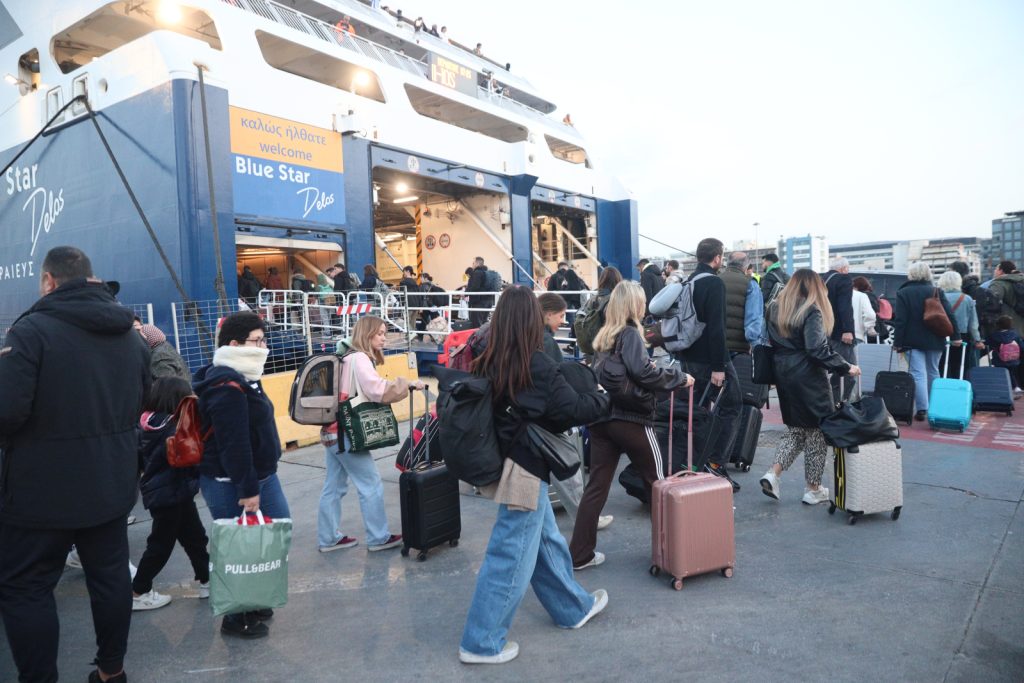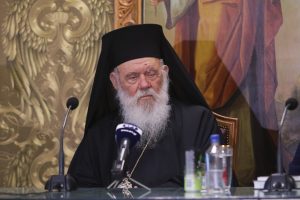The European Union (EU) has adopted its latest package of Russian sanctions, the bloc’s 15th since the start of the war in 2022.
The sanctions target the so-called shadow fleet of third-country vessels that enables Russia to export oil and gas by circumventing Western sanctions.
The new sanctions specifically target 52 ships in Russia’s shadow fleet. These non-EU vessels are now banned from accessing EU ports after being found engaged in high-risk shipping practices, including:
The sanctions are aimed to curb transporting Russian oil or petroleum products, delivering weapons, stealing grain and supporting Russia’s energy sector.
In addition, the EU has imposed sanctions on the military unit responsible for the attack on the Okhmatdyt Children’s Hospital in Kyiv.
The EU highlights that these measures also address significant maritime safety and environmental risks posed by the often outdated and underinsured vessels in Russia’s shadow fleet.
“The EU will continue to closely monitor Russian oil trading practices and various methods aimed at circumventing the oil price cap, focusing on compliance by G7 operators as well as the activities of the shadow fleet,” the EU stated in its announcement.
This latest package of Russian sanctions underscores the EU’s commitment to tightening restrictions on Russia while mitigating broader risks to global security and environmental safety.
For the first time since the onset of Russia’s invasion of Ukraine, the European Union has imposed sanctions on six Chinese companies and one Chinese individual that include travel bans, asset freezes, and the prohibition on providing funds.
The entities and individual are accused of facilitating the circumvention of EU sanctions and supplying critical components, such as drone parts and microelectronic components, to the Russian military industry.
This marks a significant escalation in the EU’s efforts to disrupt the supply chains supporting Russia’s war efforts.



